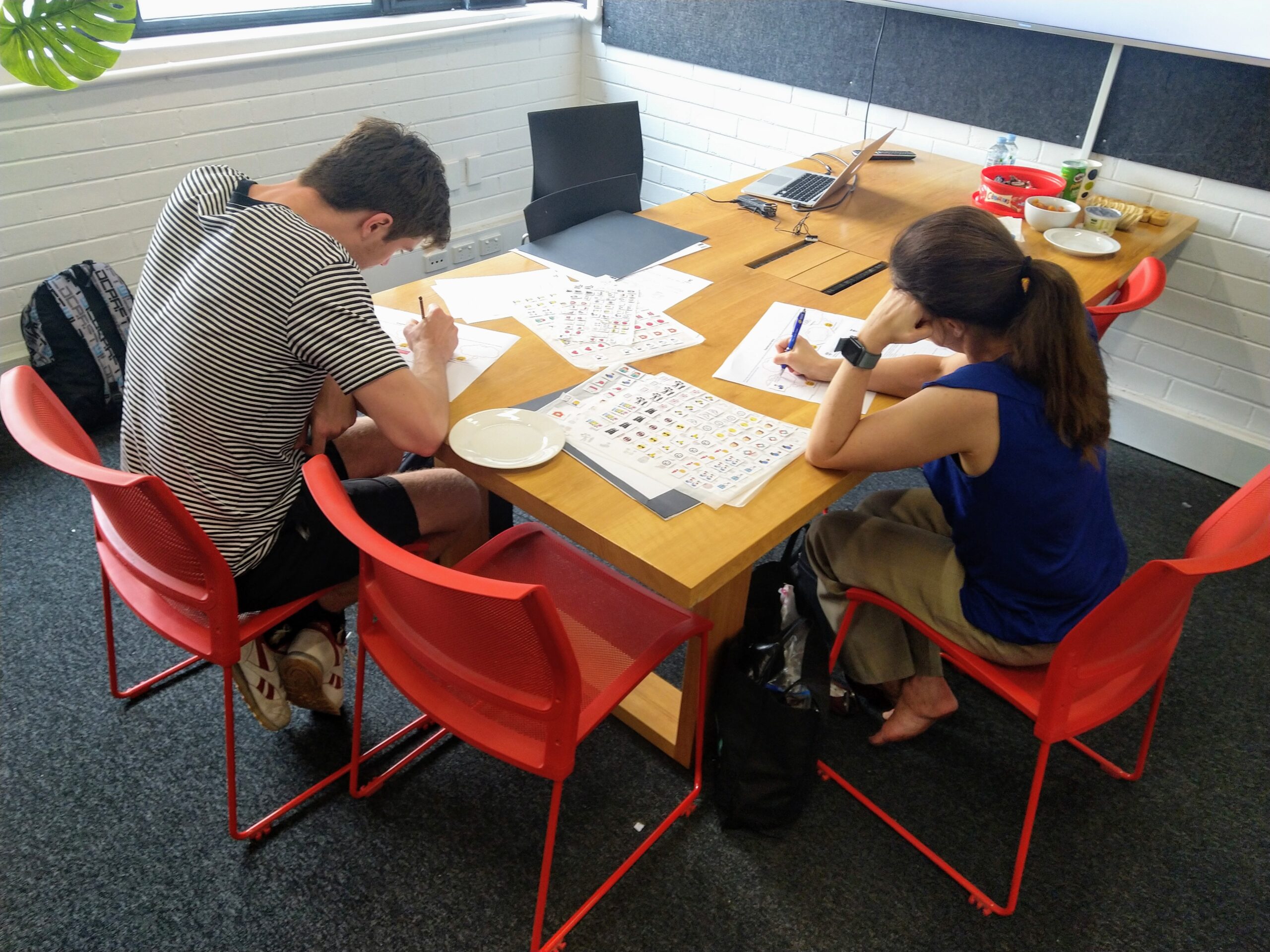Exploring new perspectives on meaning-making through emerging technologies
The Affective Interactions lab conducts research at the intersection of Human-Computer Interaction (HCI) and Design. Affective Interaction refers to relational interactions with artefacts, technologies and systems that are underlined by emotional responses which then form part of human capacity for reflection and meaning-making. Affective interactions can motivate, shape and inform our behaviours and responses to the world around us. Our research takes inspiration from knowledge in other fields such as computer science, psychology, and feminist studies.
There are three broad (and at times overlapping) research areas at the Affective Interactions lab:
· Future of care: Digitisation is rapidly shaping the delivery and experience of care. Formal care is adopting new technological interventions like virtual reality while adapting to new expectations of care experience as many people turn to personal devices and wellness practices at home such as mindfulness. How do we create meaningful experiences as emerging technologies revolutionise the future of care? Our aim is to contribute to a better understanding and design of technologies that support varied practices across the spectrum of care.
· Future of work: Our work practices are constantly evolving due to availability and acceptability of new digital platforms and flexible ways of working. Worker experiences are therefore transformed as the result of these changes in many sectors, such as volunteer work, education work or care work. Yet marginalisation and digital divide persist to shape the future of work as digitisation is imbued with assumptions about affordances, affordability and access. Emotional labour is experienced in a myriad of ways with the burden often shouldered by those who are marginalised due to rapid innovations of socio-technical systems. How do we make affect, marginalisation and digital divide visible in technology use and design? How do we address these issues with intent and in solidarity with the oppressed? Our aim is to contribute to a more equitable future of work.
· Ethical design: All designs are embedded with ethical choices made by innovators. Every design choice reveals an ethical stance, whether it is acknowledged or not. We explore ethics in relation to designers/technologists, organisation and culture. We ask: How do we support better and conscious ethical decision making in design and HCI practice? How do we implement care for individual and collective wellbeing as a necessary part of technology and system design? How do we prevent harm as digitisation permeates various aspects of our everyday life? Through our research, we aim to raise awareness, and develop resources to address design ethics, and ethical design.
Lab members:
- Dr Naseem Ahmadpour (Lab coordinator)
- Dr Phillip Gough
- Dr Kiran Ijaz
- Dr Bow Wu
- Associate Professor Lian Loke
- Ajit Pillai (PhD student)
- Yidan Cao (PhD student)
- Xuefei Li (PhD student)
- Thida Sachathep (PhD student)
- Wendy Qi Zhang
Current graduate students
- Katherine di Bona
Past PhD and graduate students
- Dr Karen Cochrane (Assistant professor, University of Waterloo)
- Dr Dorian Peters (currently at University of Cambridge)
- Dr Khushnood Naqshbandi
- Dr Kristina Mah
- Dr Nathan Moore
- Jade Jiang (currently at Atlassian)
- Aaron Blishen
- Bening Putri Wardani
- Zhaohua Zhou
- Michelle Xiang
- Ananda Vasudevan
- Amy McLean
- Margaret Iatropoulos
Affiliate members
- Dr A. Baki Kocaballi (UTS)
Grants:
- Examining the impacts of emerging technologies on the aged care workforce towards a sustainable and ethical future for care workers, Yiying Wu, Thomas Astell-Burt, Naseem Ahmadpour, Mouna Sawan, Kazjon Grace, Jungjoo Lee, Janghee Cho, Dongjin Song, et al.; ($150,000); USYD’s International SDG Collaboration Program 2024
- DRIVE-R : involves co-creating a mental health app for reflection and self-tracking of mental health recovery. Nicola Hancock, Loraine Smith, Justin Scanlan, Anne Honey, Naseem Ahmadpour et al. ($557,000) MRFF consumer led, stream 1
- Addressing health and climate challenges in Australia and the Pacific region through partnerships with schools and co-design with young people; Corinne Caillaud, Stephanie Partridge, Louisa Peralta, Juliana Chen, Rowena Forsyth, Katherine Owens, Naseem Ahmadpour, Krestina Amon, Susan Park, David Raubenheimer, Sarah Lewis; ($ 150,000); SDG sustainable development funding, University of Sydney
- Naseem Ahmadpour; ($ 150,000); SOAR prize, University of Sydney. 2022-2023
- Transforming the palliative care patient journey using emerging technologies. Naseem Ahmadpour, Phillip Gough, Philip Poronnik, Judy Kay, Bob Kummerfeld, Melanie Lovell, Martin Brown, Philip Austin, Jane Phillips, Meera Agar, Tim Luckett ($12,000); Challenge based flagship research funding, School of Architecture, Design and Planning, University of Sydney. 2021-2022
- Developing and evaluating an interactive web-based Healthy Beginnings program for preventing obesity in the first year of life; Li Ming Wen, Louise Baur, Sara Taki, Rafael A. Calvo, Huilan XU, Limin Buchanan, Rachel A Jones, Naseem Ahmadpour; ($ 670,031); MRFF, 2020-2023
- Exploring New Worlds for Kids’ Procedures with Virtual Reality; Naseem Ahmadpour, Andrew Wheatheral; ($150,000) Children’s Hospital at Westmead Foundation. 2019-2022
- Harnessing virtual reality to improve the experiences of patients with chronic conditions; Anna Janssen, Melanie Keep, Naseem Ahmadpour, Anika Rouf, Michael Marthick, ($20,000) USyd eHealth Seed Research Fund 2018, University of Sydney. 2018-2020
- Comparison of user engagement and motivation with wearable technologies versus mobile apps during a workplace wellness program using Springday digital platform; Caitilin de Berigny, Lian Loke, Naseem Ahmadpour, Rafael Calvo, Anya Johnson, Helena Nguyan, Karen Cochrane; ($20,000) Industry and Community Engagement Fund, Sprinday and the University of Sydney, 2019-2020
- Tailoring an immersive virtual reality solution for treating FOG in people with PD; Naseem Ahmadpour, Colleen Canning, Simon Lewis, Hamish MacDougall, Natalie Allen, Kaylena Ehgoetz Martens, Lina Goh; ($20,000) Charles Perkins Centre, 2018-2019
Projects
-
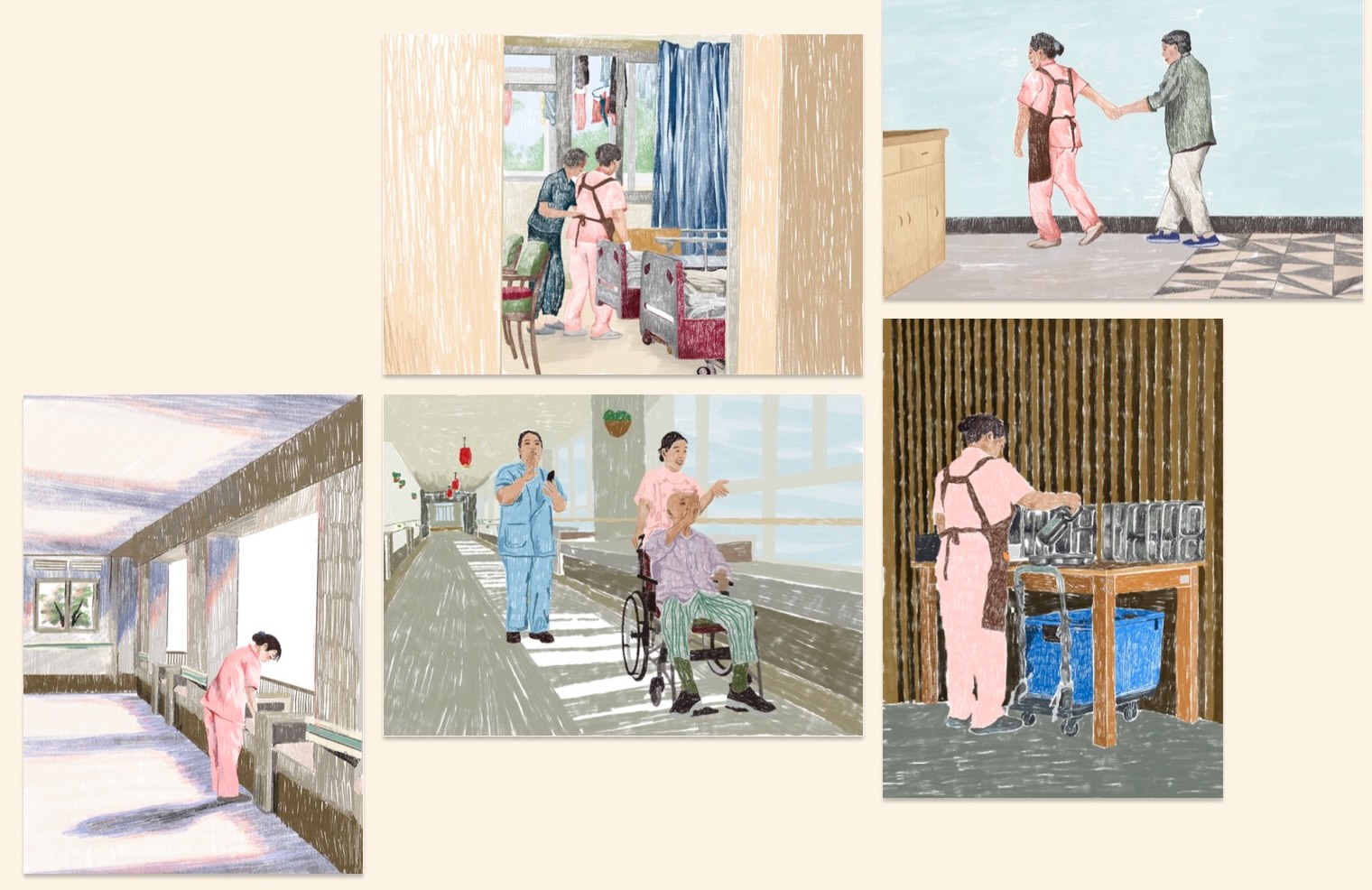
Examining the impact of emerging technologies on care workers
Lorem ipsum dolor sit amet, consectetur adipiscing elit. Proin sit amet vehicula tellus. Etiam dapibus…
-
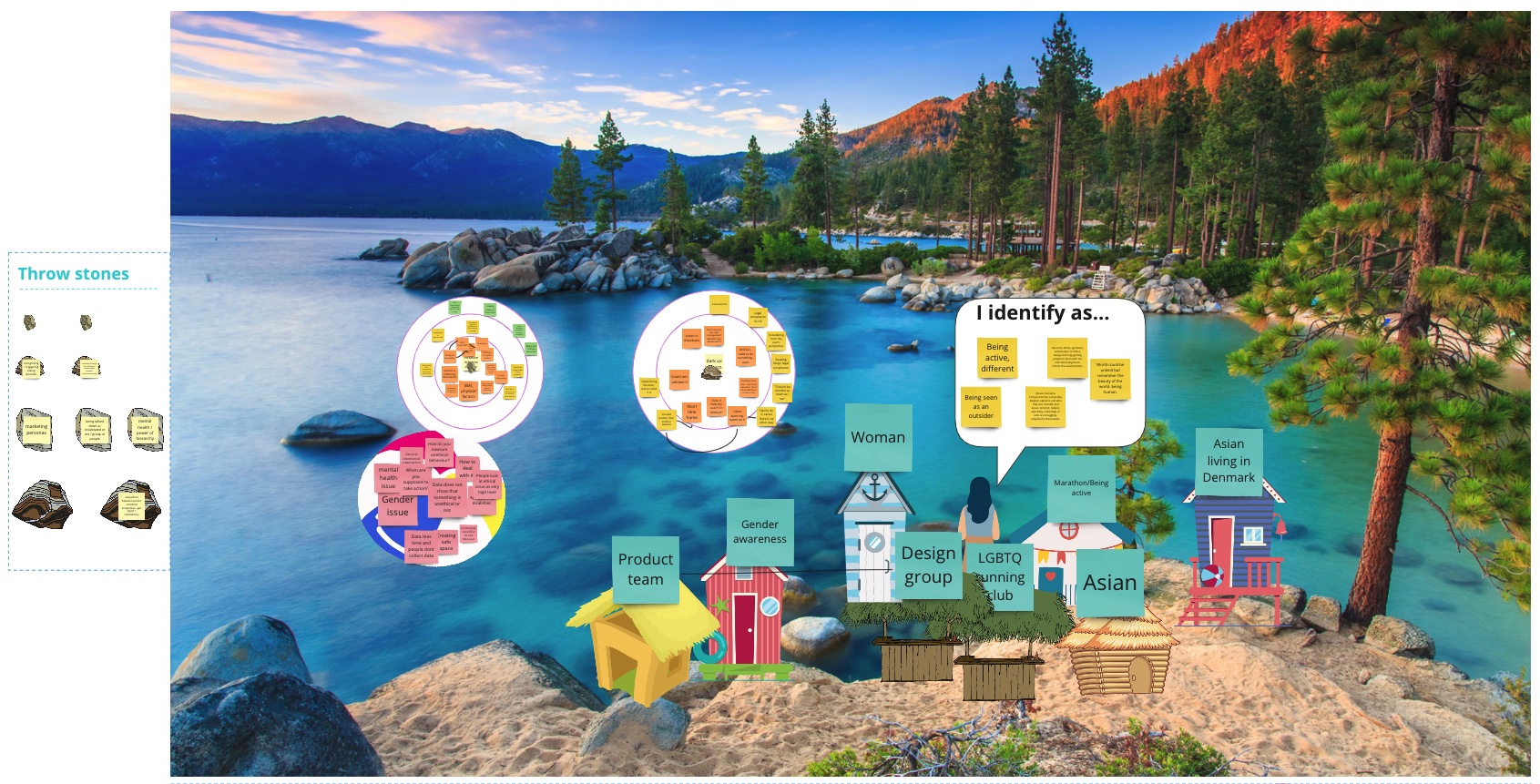
Understanding the experience of ethical tensions in the tech industry
Developing resources to support tech workers investigate and mediate conversations about ethical tensions
-
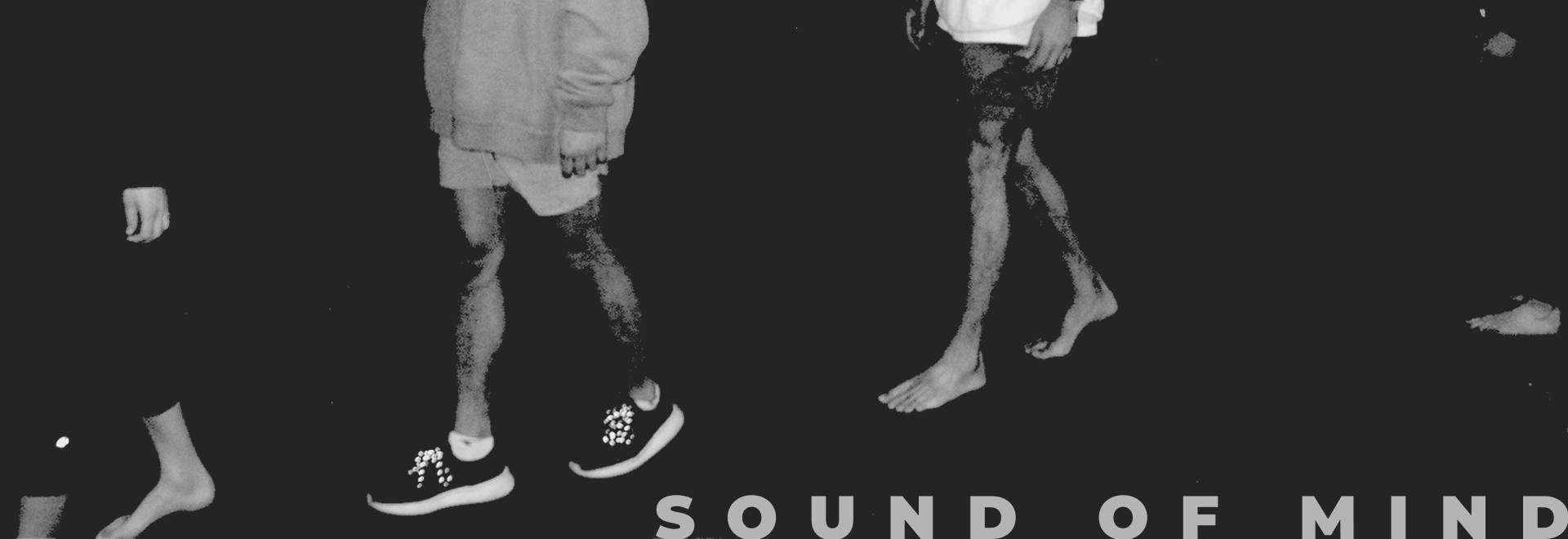
Designing Technologies To Support Mindfulness Practice
Exploring interactive soundscapes to guide and support mindfulness practice for novice practitioners.
-
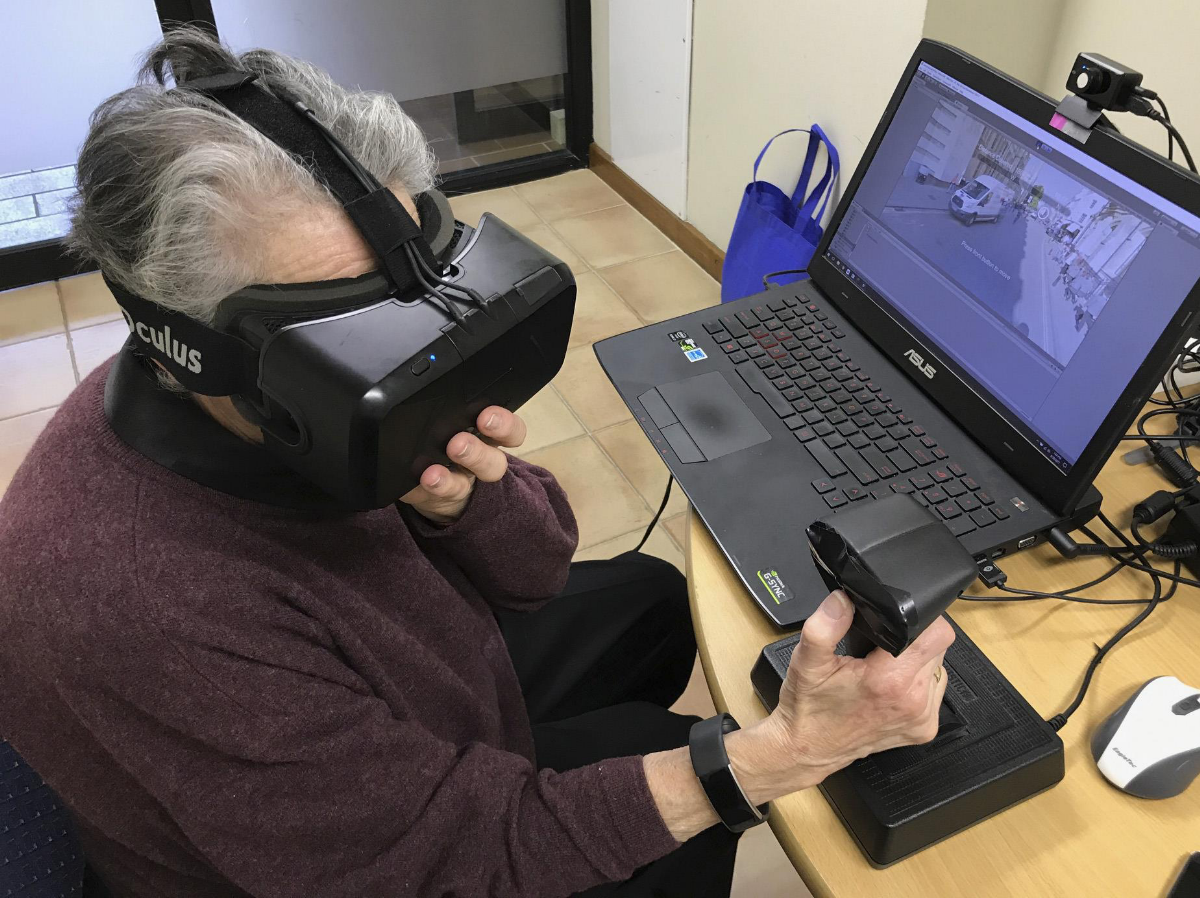
Designing Virtual Reality for Cognitive Assessment
Spatial navigation memory assessment in VR-CogAssess to detect pre-dementia
-
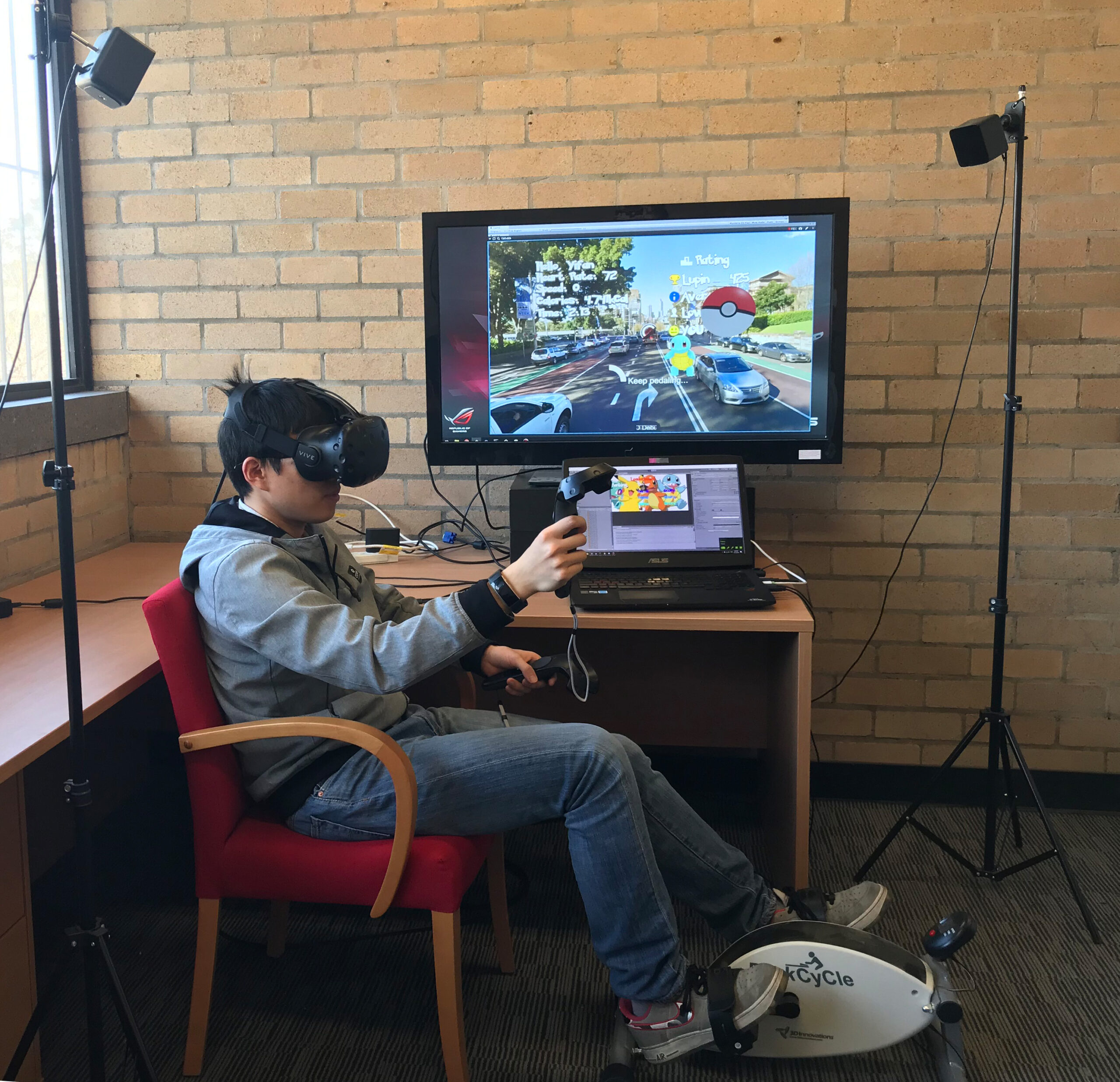
Using Virtual Reality to Motivate Physical Activity
Exploring player experience of need satisfaction using VR-Rides platform
-
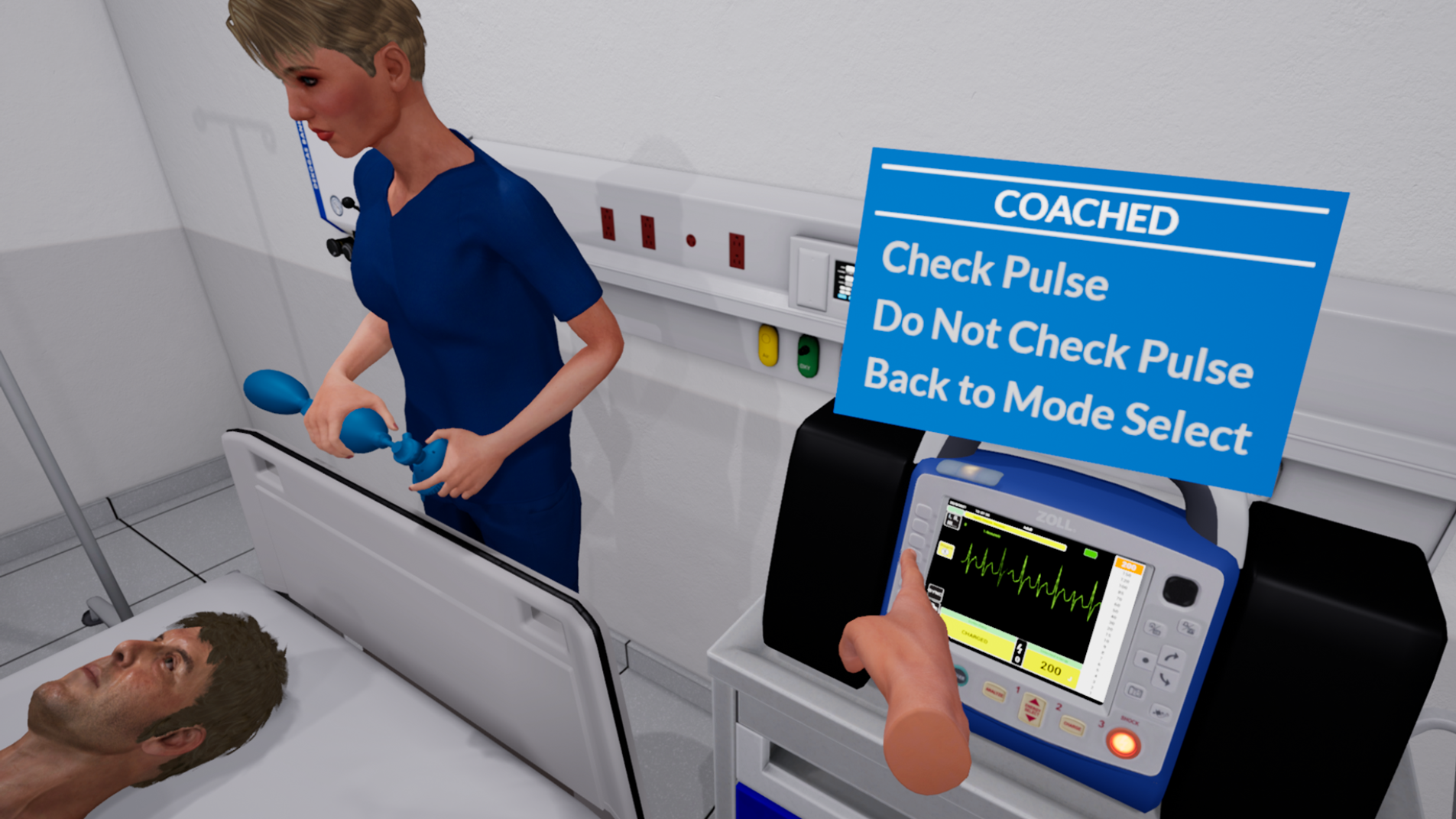
Designing Virtual Reality to Support Clinical Training
Supporting clinical training and reflection on performance
-
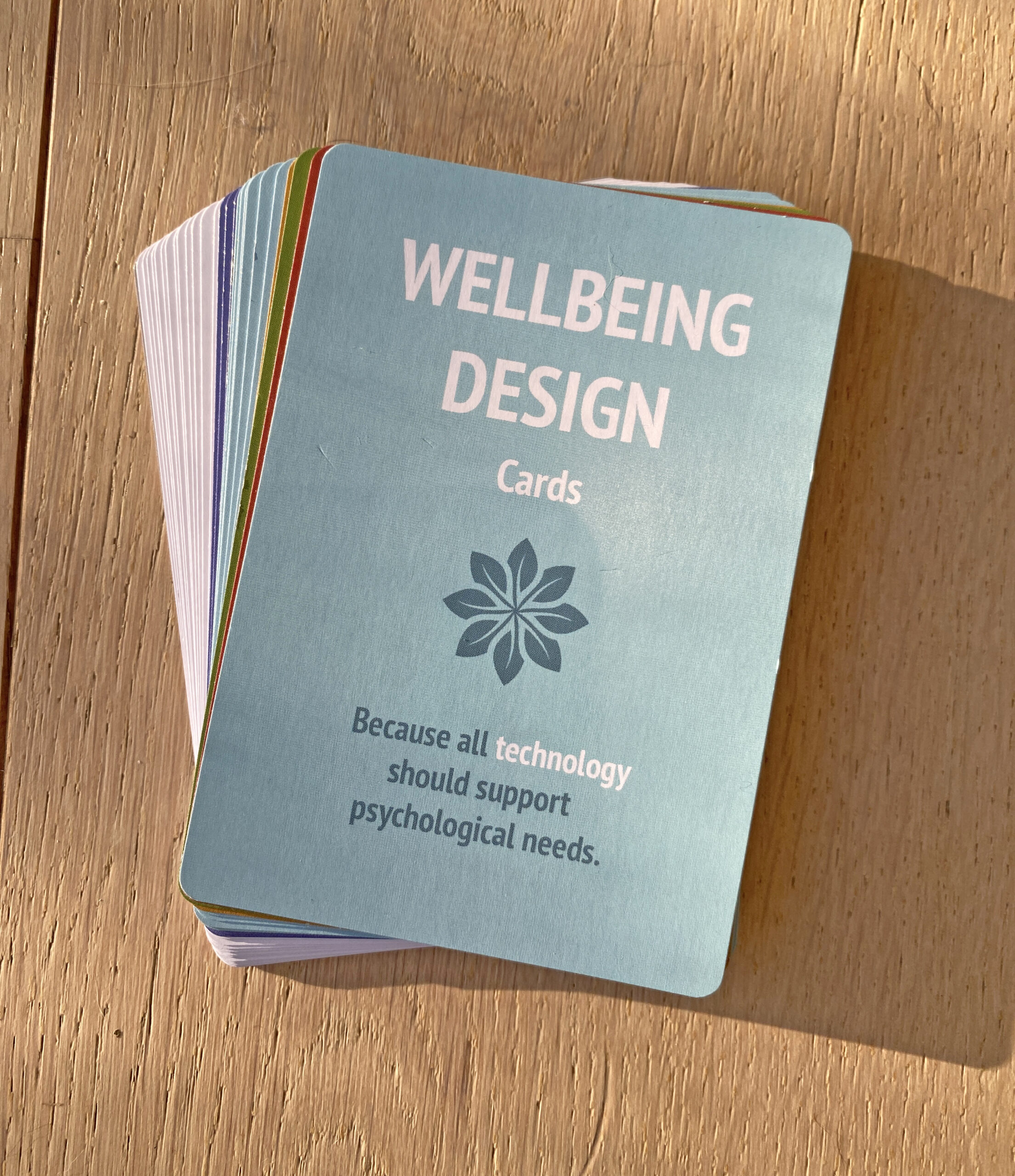
Designing for Psychological Wellbeing
Developing an evidence-based toolkit to integrate wellbeing psychology into design
-
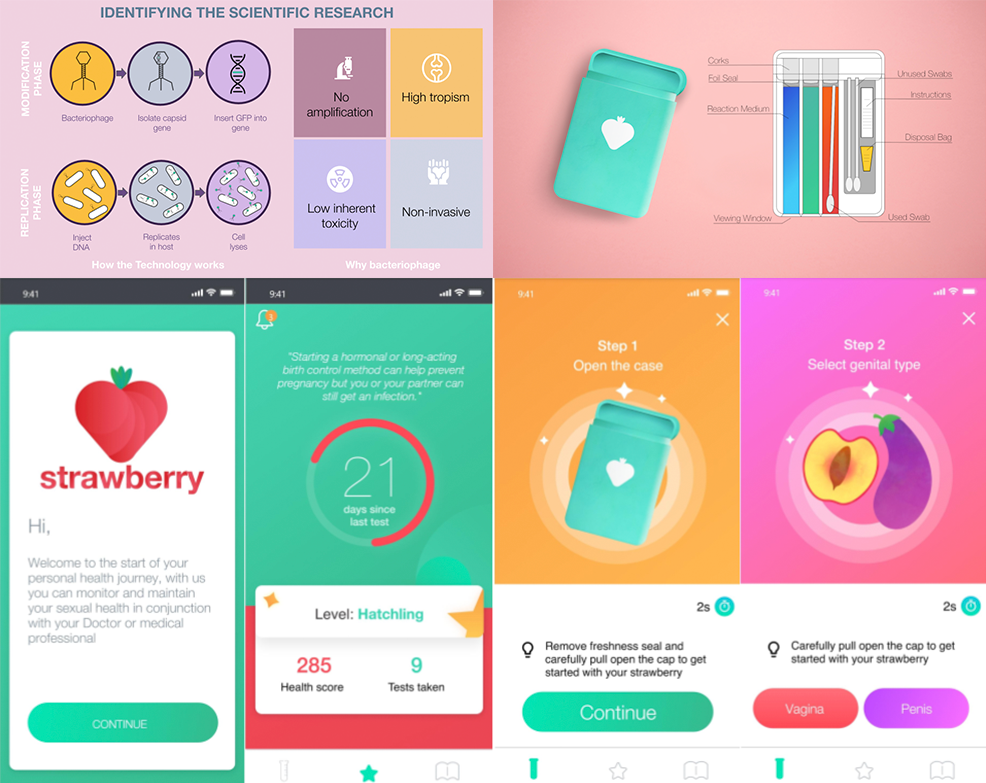
Interactive Biodesign in Health
Reimagining the future of health through biodesign
-
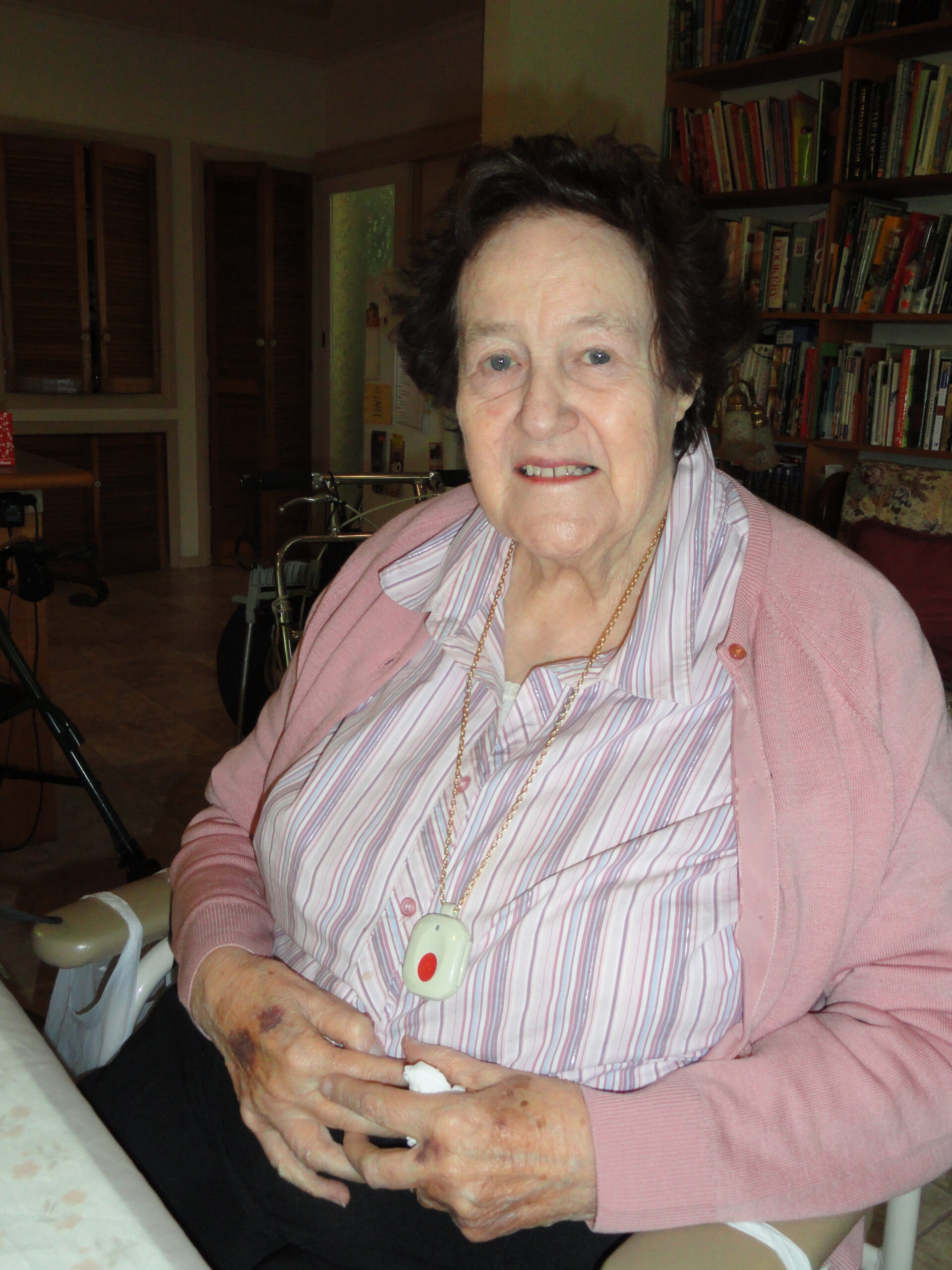
Technologies for Future Self: Aging Across the Life Span
Challenging notions of ageing and dominant paradigms in everyday technologies across the lifespan
-
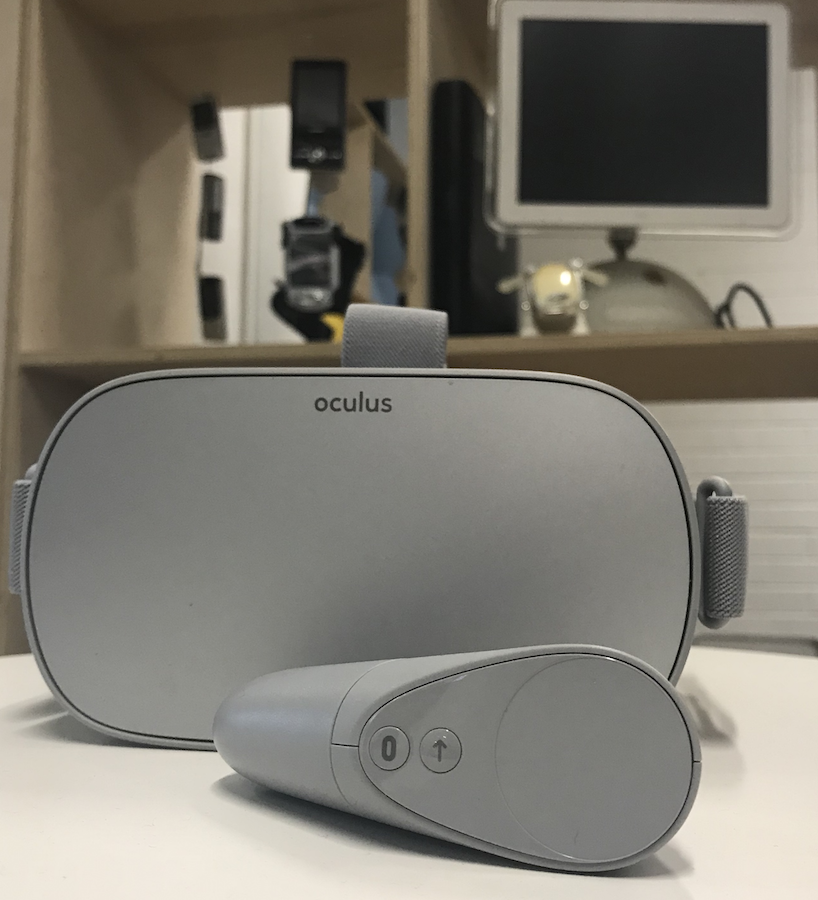
Virtual Reality to Support Anxiety and Pain Management
Exploring design opportunities for using virtual reality technology to support self-managing of anxiety and pain
-
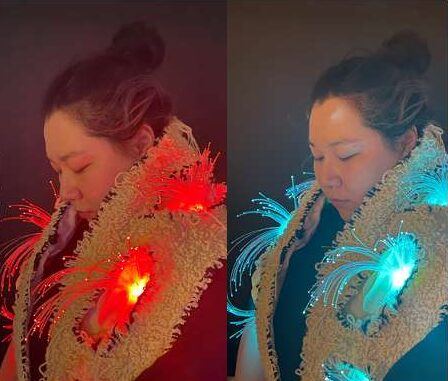
Designing Technologies Through a First-Person Approach
Exploring experiences of emotional life using first-person methodologies and the development of the Inside-Out Probe…
-

Creative HCI Research Through Contemplative First-Person Enquiry
An in-depth account of an autoethnography of compassion cultivation to offer a framework for training…
-
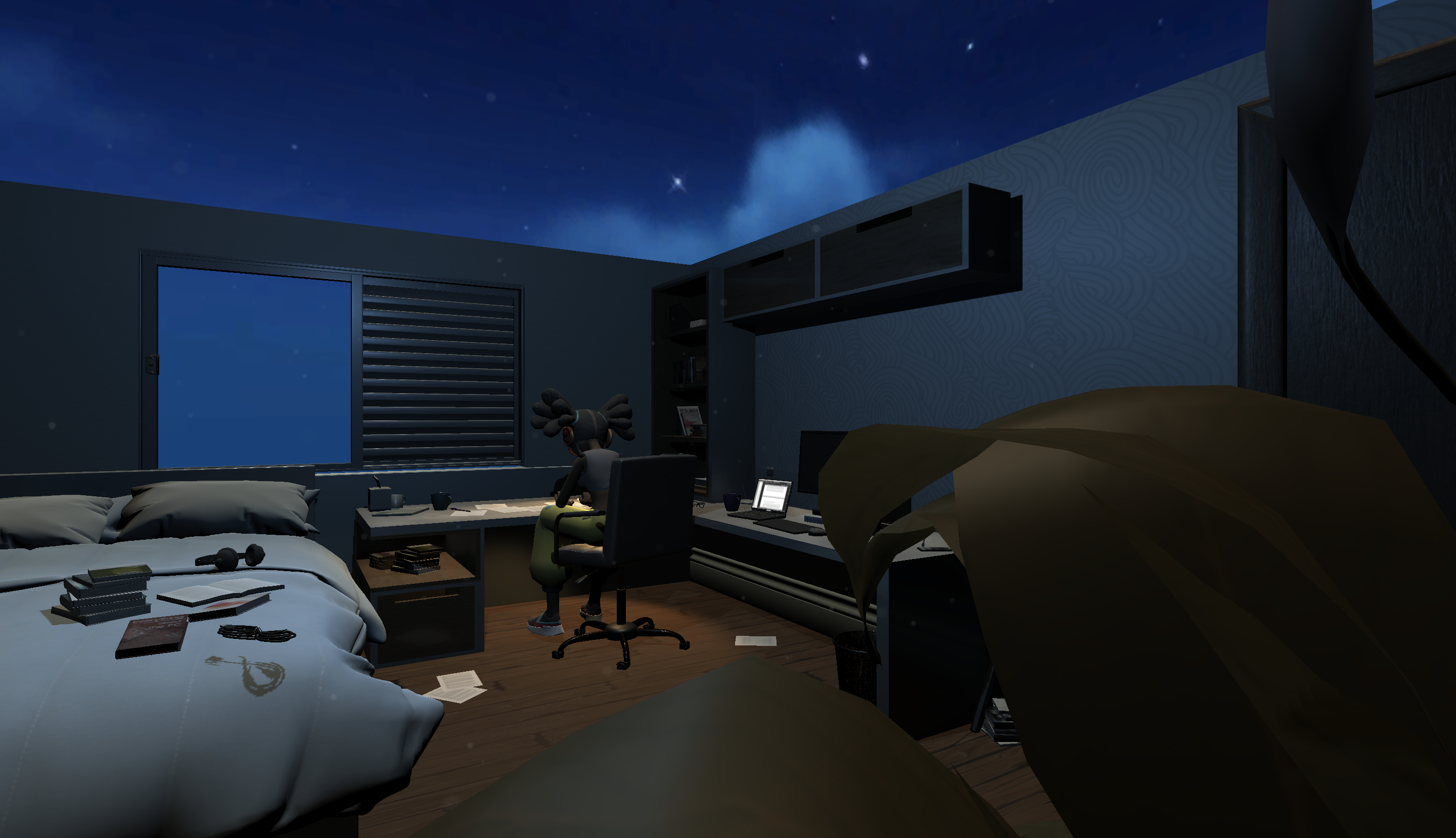
Designing Virtual Reality for Reflection
A framework for designing reflective experiences in virtual reality using theatre technique for design
-
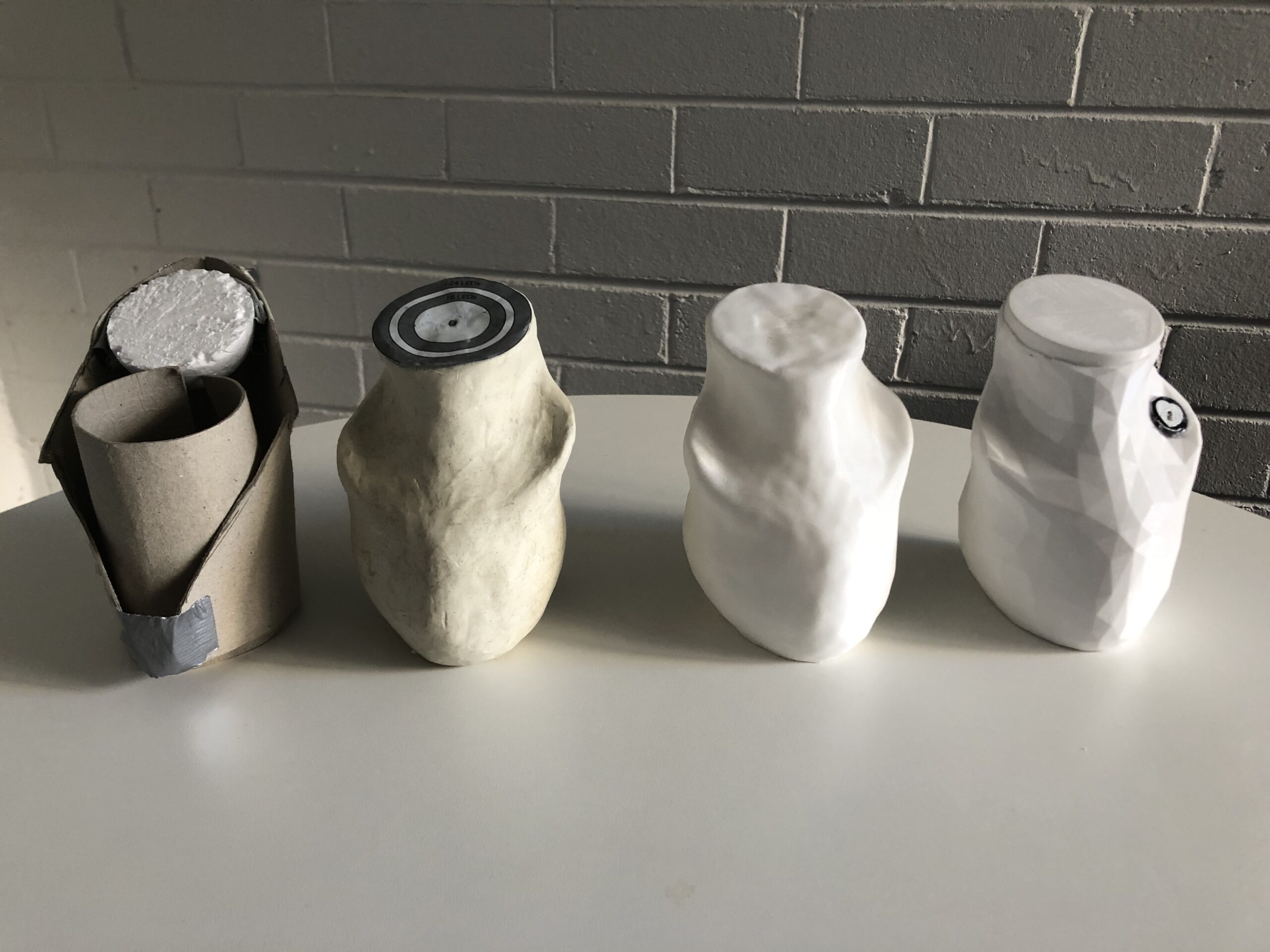
Tangible Feelings
Co-designing an interactive tool to help people come to reflect
-
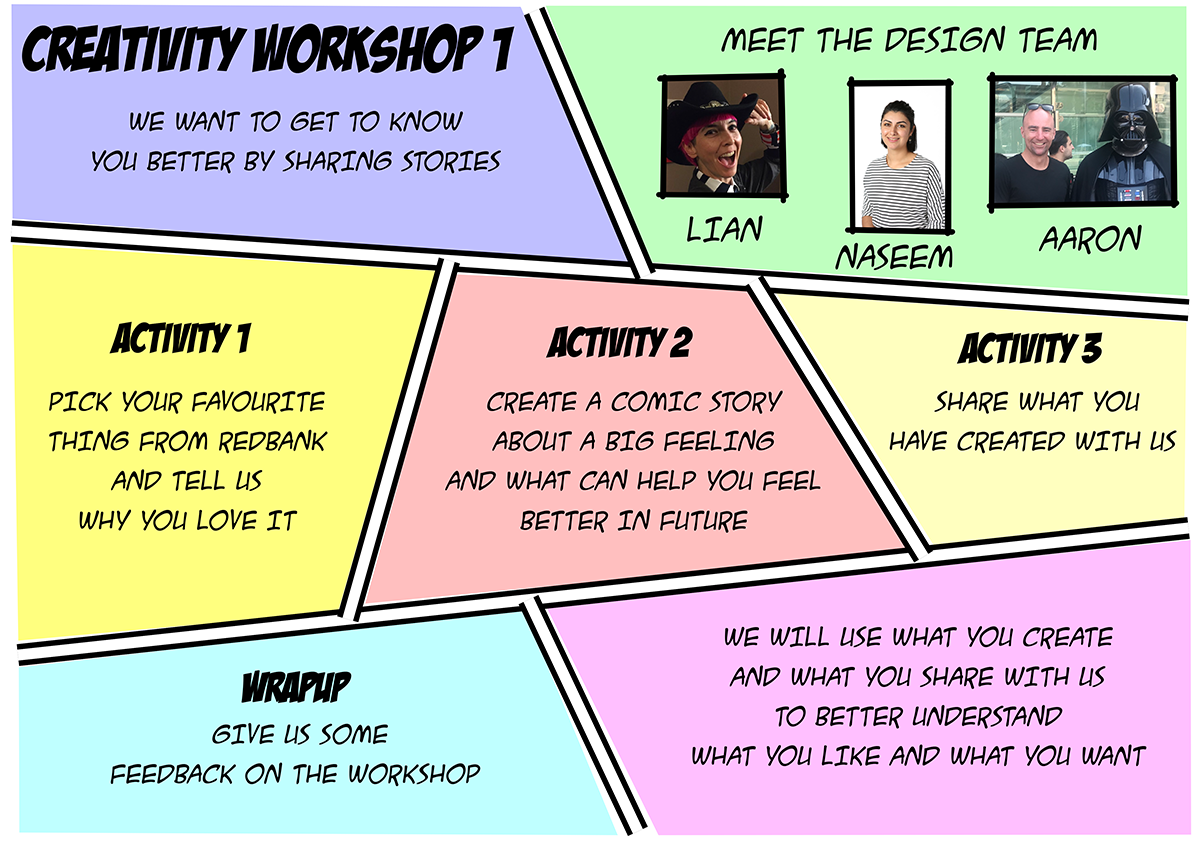
Safety, Reflection and Connection in Trauma-Informed Design
Exploring opportunities to co-design resources to support social-emotional learning

